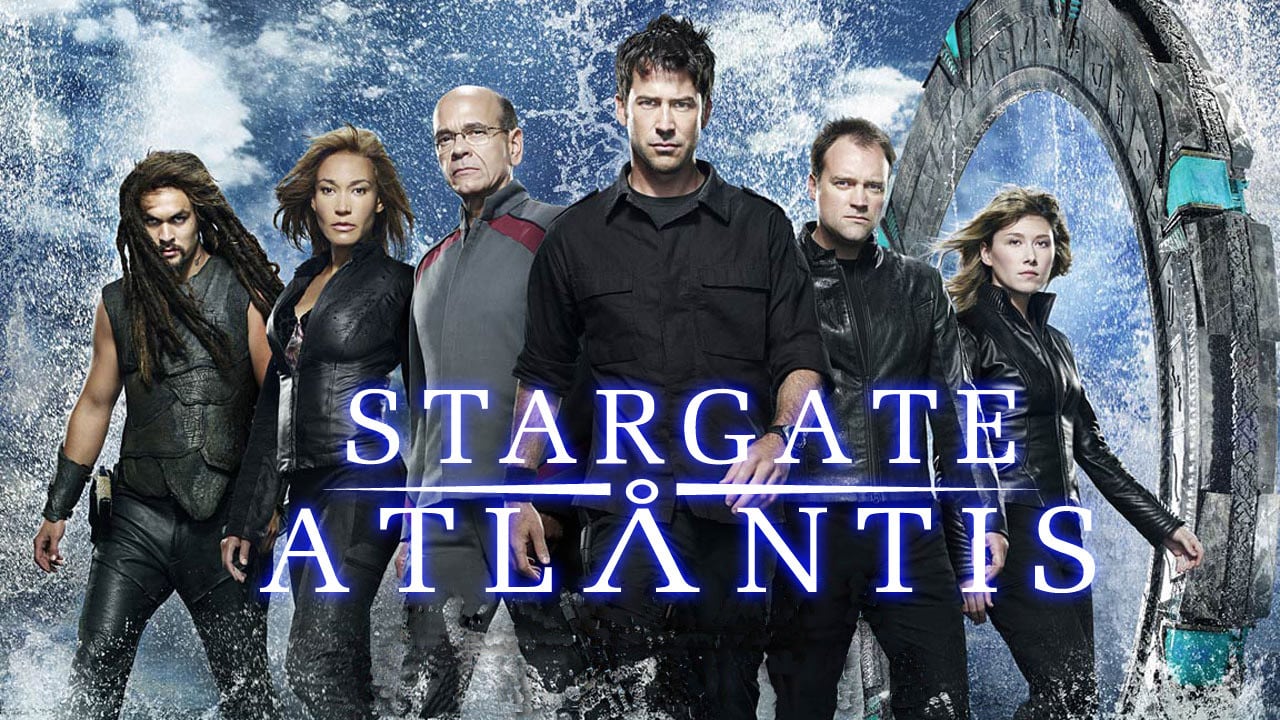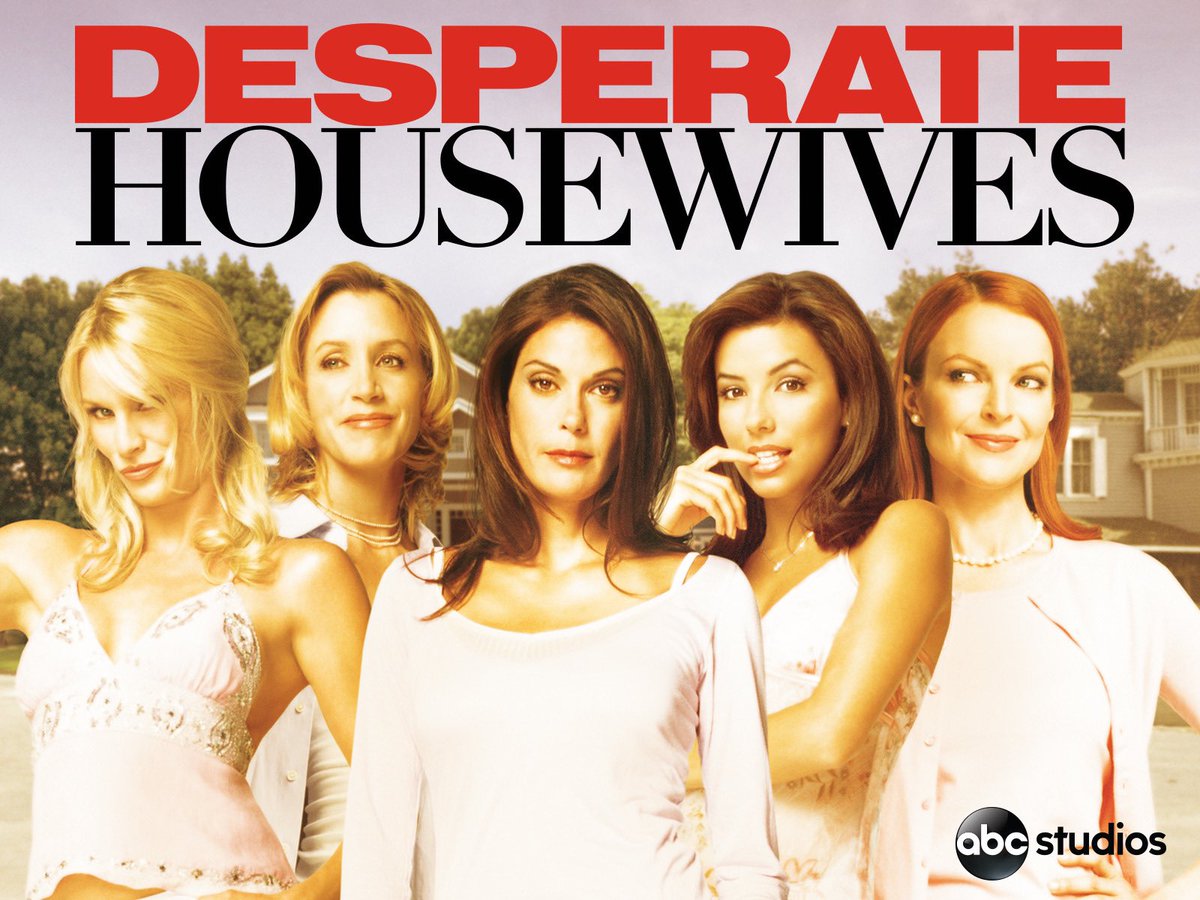
Though Canadian multiculturalism is often more an aspirational ideal than practice as I’ve found in earlier research (Beattie 2025), as the above quotes shows, the Canadian government have included it as part of their legal code. It is also the case that Canada is a common location for American media productions and has been for some time (Matheson 2005).









